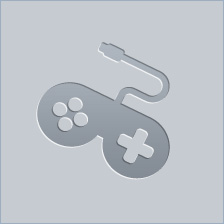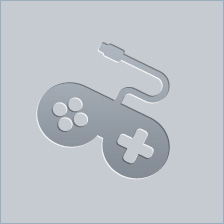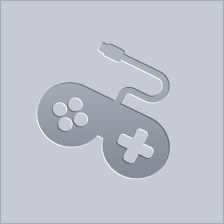RPG Overrogue review

RPG Overrogue is a role-playing game that borrows its entire dungeon-crawling and combat design from games like Dream Quest and Slay the Spire. This is to say it is a narrative game with a linear progression, but to advance the story and take steps toward completing quests, you have to play (and often replay) dungeons where you mix and match cards to best all kinds of opponents and hazards lying in wait to cut you down. I wouldn't say that RPG Overrogue's ideas are entirely original, but they form a novel combination that is surprisingly well put together.

Card contest
In Overrogue, you play as a young demon reluctantly competing against other creatures of the underworld to become the next overlord who rules over the land. This competition, known as the Selection Battle, involves questing through labyrinths to collect crystals that prove your strength and ability to rule.
There are a ton of other rules about how the Selection Battle works, and Overrogue's story revolves heavily around discussing them to provide narrative justification to your actions. There's some light attempts at humor peppered in all of the game's explaining, but all of that is easy to gloss over or skip to focus on the core of the game, which is completing Slay the Spire-style dungeon challenges with your party of adventurers.
Reshuffle and rotate
Despite the clear lifting of mechanics and design elements from other successful card games that Overrogue does shamelessly, the game also has its fair share of unique elements. The aforementioned party system is particularly notable, as it ends up determining a lot of defensive strategy. Even though all of your party members operate using the one deck you mold and upgrade throughout the dungeon, the order in which characters are in line determines who gets hit by attacks, who heals, and even how certain card effects work when played.
The more you play Overrogue, the more cards and upgrades you unlock which allow for different kinds of deck builds. As you clear the increasingly difficult labyrinths, you'll also unlock deck themes to try in subsequent challenges which swap out the card types you have available to you and force you to adopt new strategies. The only unfortunate thing about this system is there isn't a way to mix themes, meaning that each one locks you into devising one of a few workable deck builds on a given run.

Time is money
Just like the roguelites it borrows from Overrogue expects you to die a lot. Dying in the game doesn't incur any significant penalty outside of requiring you to start the multifloor dungeon from the very beginning again. If you find yourself feeling stuck or otherwise too weak to continue, Overrogue offers a few progression options, but both are pretty undesirable.
The first option is to spend currency to unlock new cards or earn Blightstones, which can be used to unlock permanent upgrades to the game experience (i.e. fewer common cards appearing, etc.). Most of this currency you earn by clearing labyrinths, even ones that you have completed before. The other is to just spend money to buy some of this currency. Both of these options give a "pay-to-win" feel to Overrogue, but thankfully most of the game seems well-balanced so you don't feel too pressured to grind or shell out.
The bottom line
RPG Overrogue steals a lot of ideas from games that have come before, but it combines them in a way that is both satisfying and somehow unique. If you can hang through and/or ignore its sloggy story and distasteful currency system, there's still plenty to like here. It somehow scratches a new itch in deck-building I didn't even know I had.


















